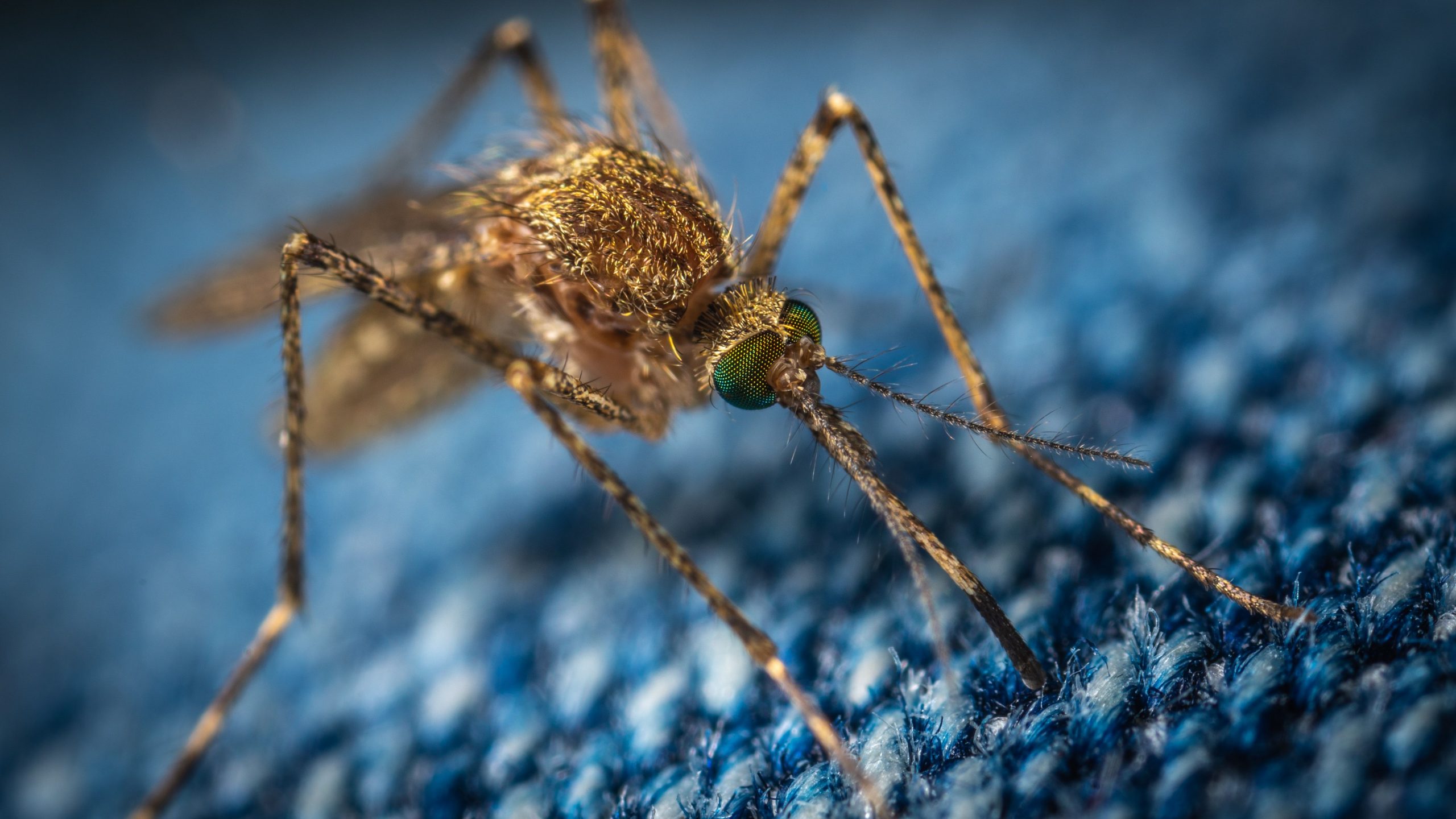On April 25, the world commemorates World Malaria Day with the
goal of raising awareness about this mosquito-borne disease. The theme of World
Malaria Day 2022 is ‘Harness innovation to reduce the malaria disease burden
and save lives’. Malaria affected 241 million people globally in 2020,
according to estimates. India is one of the six countries most vulnerable to
the disease. Malaria must be detected and treated as soon as possible,
otherwise it might cause complications and even death.
Malaria is a parasitic infection caused by plasmodium parasites,
which are communicated to humans through the bite of infected female
anopheles mosquitoes. Human malaria is caused by five parasite species, two of
which are the most harmful, P. falciparum and P. vivax.
Let’s look at how we can prevent malaria and how signs and
symptoms can help you figure out if you or someone else in your vicinity has
been infected.
Also read: Vladimir Putin sends ‘sincere’ wishes to France’s Emmanuel Macron on re-election
Symptoms
- Fever
- Lethargy/Excessive lack of energy
- Headache and heaviness in the head
- Diarrhoea
- Pain in the muscles and joints
- Coughing
- Nausea and/or vomiting
- Shivering
- Stomach cramps
- Rise in heart rate
- Rapid breathing
Also read: UK records longest case of COVID-19 with patient down with 505 days
Prevention
- Vaccination
This is one of the most effective methods of preventing a myriad
of diseases in the world. Malaria vaccination helps to provide immunity.
- Covering the skin
Malaria is spread by mosquito bites in the majority of cases. The
simplest way to avoid this is to keep your body parts covered. If you are
travelling or residing in a malaria-prone location, this is strongly
recommended.
Nets should be used around the bed, sitting area and other areas
while indoors. This is an easy preventive measure for when you are in the
house.
Another useful preventative technique is to use repellents that
are essentially applied on clothing.
- Using insect repellent
When outdoors, use insect repellents to protect yourself not only
against malaria but also from other insect-borne diseases like dengue fever.
Malaria repellents containing DEET, picaridin, IR3535, oil of lemon eucalyptus
(OLE), para-menthane-3,8-diol (PMD), or 2-undecanone are recommended. These
repellents, however, should not be used on the face or on children under the
age of three. Please see your doctor for safer options.
Also read: Birthday wishes pour in as ‘Master Blaster’ Sachin Tendulkar turns 49
Treatment
Malaria is treatable, and its symptoms can be alleviated with the
right medicine. The following are some of the most commonly prescribed malaria
medications:
- Quinine
- Doxycycline
- Chloroquine
- Artemisinin
- Mefloquine
- Atovaquone
However, do not take any of these medicines without a prescription
from the doctor. Also, do not self-medicate or resort to homemade remedies.
Finally, if you live in a malaria-prone environment and are
suffering the symptoms listed above, we recommend that you seek medical help
right away. Keep an eye on your surroundings and take essential precautions to
avoid contracting malaria.
And keep in mind, prevention is better than cure.







